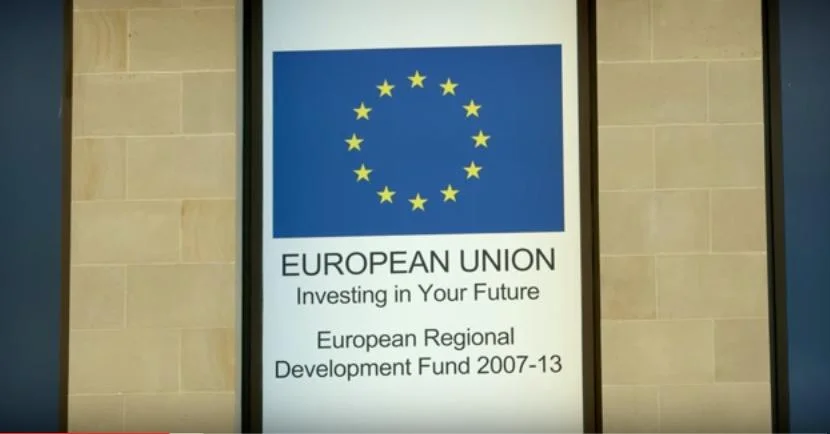Kenny says bills solution must comply with EU law
Enda Kenny. Picture: Arthur Carron
Taoiseach Enda Kenny has adopted a surprisingly hard line on water charges, insisting homeowners will have to pay to abide by EU law.
In an exclusive interview with the Irish Independent, Mr Kenny has reopened the water charges debate saying: "You are going to have to pay."
Mr Kenny also suggests reducing the point at which water bills can be deducted from non-paying homeowners' wages from the current €500 limit.
The Taoiseach was speaking after a European Commission clarification this week that water charges can't be abolished once they are in place.
The Oireachtas is setting up a committee to recommend the future of water charges - and the bills have been parked pending its outcome.
Mr Kenny says: "There is the issue that the Oireachtas Committee and the Dáil is not going to vote for something that it knows is illegal," he said.
The Taoiseach also said he has a "very clear process" planned to hand over to his successor as Fine Gael leader. He intends to stay in office for the full term of this Government, yet not lead the party into a general election.
"I have a very clear understanding of what it is that I am going to do and I will set that out in due course," he said.
Original article; Irish Independent, June 4, 2016
Buncrana Together
An amazing outburst by Enda Kenny, the leader of a minority government which, by the way, agreed a programme for government with Fianna Fail. This agreement included the suspension of Water Charges and setting up of a commission into the best model for water provision in Ireland.
What will Fianna Fail make of Mr Kenny's statement? Does it not renege on their agreement? The statement is neither statesmanlike or diplomatic. It portrays a smugness, a self righteous complacency, a petty triumphalism, a threat. But worse it portrays a leader willing and happy to abdicate sovereignty to the European Union. Democracy or the will of the people does not seem to figure.
He is quite willing to preempt the outcome of any supposedly independent commission on our water infrastructure. It is loading the dice, it's propaganda, it is acting on an EU official's unclear and confusing communication and media interpretation of this opinion. It is all things that a leader should not do.
We would advise Mr Kenny to read Marian Harkin's article 'To pay or not to pay, there is no question' for a clear investigation and facts on the issue.



